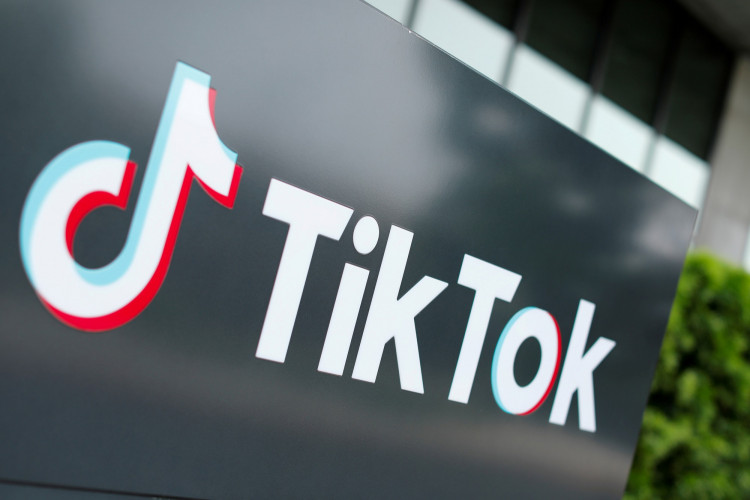Following the Indonesian government's shutdown of the overseas version of TikTok's e-commerce services, there are reports that TikTok's parent company, ByteDance, is planning to invest in a subsidiary of Indonesia's internet company GoTo Group, in a bid to resume its e-commerce operations in Indonesia.
Sources indicate that ByteDance is aiming to acquire Tokopedia, the e-commerce arm of the GoTo Group, which is Indonesia's largest local e-commerce platform. The transaction could be completed in the coming weeks. It's reported that this deal is not a direct investment but rather the establishment of a joint venture between the two companies. The negotiations also involve the creation of a new e-commerce platform, a move intended to circumvent regulatory obstacles and restore TikTok's e-commerce services in Southeast Asia's largest retail market.
However, these sources also mentioned that the negotiations are ongoing and could still fail. Even if successful, the agreement would require regulatory approval. A direct investment in Tokopedia by TikTok could help ease relations with the government. As of now, neither TikTok nor the GoTo Group has responded to these reports.
Analysts suggest that a deal with GoTo Group, Indonesia's largest internet company, carries risks for TikTok, potentially aiding a competitor to maintain operations in the Indonesian market. However, if the transaction is successful, it could bring a powerful global social media partner to GoTo Group, potentially boosting sales and transaction volumes for both companies.
In late September, the Indonesian government demanded a ban on e-commerce transactions within the same product on social media and required TikTok Shop to reorganize as an independent application within a week or face service closure. In response to regulatory pressures, TikTok announced the shutdown of its Indonesian TikTok Shop in early October.
TikTok had been trying to reach out to Indonesian government officials and other social media companies to find a way to restart its e-commerce operations. Last week, Teten Masduki, Indonesia's Minister of Cooperatives and Small and Medium Enterprises, said that TikTok had initiated discussions with five companies, including Tokopedia, PT Bukalapak.com, and Blibli, to explore potential collaborations.
However, TikTok is not without leverage. Although the Indonesian regulators claim the action aims to protect local small and micro businesses, the shutdown of TikTok Shop has significantly impacted local merchants, influencers, and service agencies. As reported by Wall Street Horizon, the most affected are local small and medium-sized businesses, as larger businesses or brands generally have multi-channel strategies, making the impact of closing a single channel more manageable. Smaller businesses, due to weaker supply chains and a better fit for the TikTok platform, are more significantly affected.
Southeast Asia is a key region for TikTok's e-commerce expansion, with third-party data showing that TikTok's Gross Merchandise Value (GMV) in Southeast Asia grew from 600 million U.S. dollars in 2021 to 4.4 billion U.S. dollars in 2022. Indonesia is the first and largest overseas e-commerce market for TikTok Shop, contributing half of TikTok Shop's Southeast Asian market share. TikTok aims to use Indonesia, with a population of 278 million, as a model for international expansion into markets like the United States and Europe.
With Indonesia becoming the first Southeast Asian country to target TikTok, other countries in the region might follow suit, putting significant pressure on the company. Therefore, how TikTok resolves differences with governments in Southeast Asia becomes crucial.
The Times previously reported that the Malaysian government is considering a policy similar to that of Indonesia, contemplating a ban on e-commerce transactions on the social media platform TikTok. This policy is a response to consumer concerns over pricing competition and data privacy issues on TikTok Shop.
Vietnam has also completed a nearly five-month investigation into TikTok, finding that the platform violated several regulations regarding the storage of network information in Vietnam. The authorities have demanded that TikTok remove all content violating Vietnamese laws and prevent its re-publication, adding compliance with local laws to its community guidelines and providing information to address violations on the platform.






